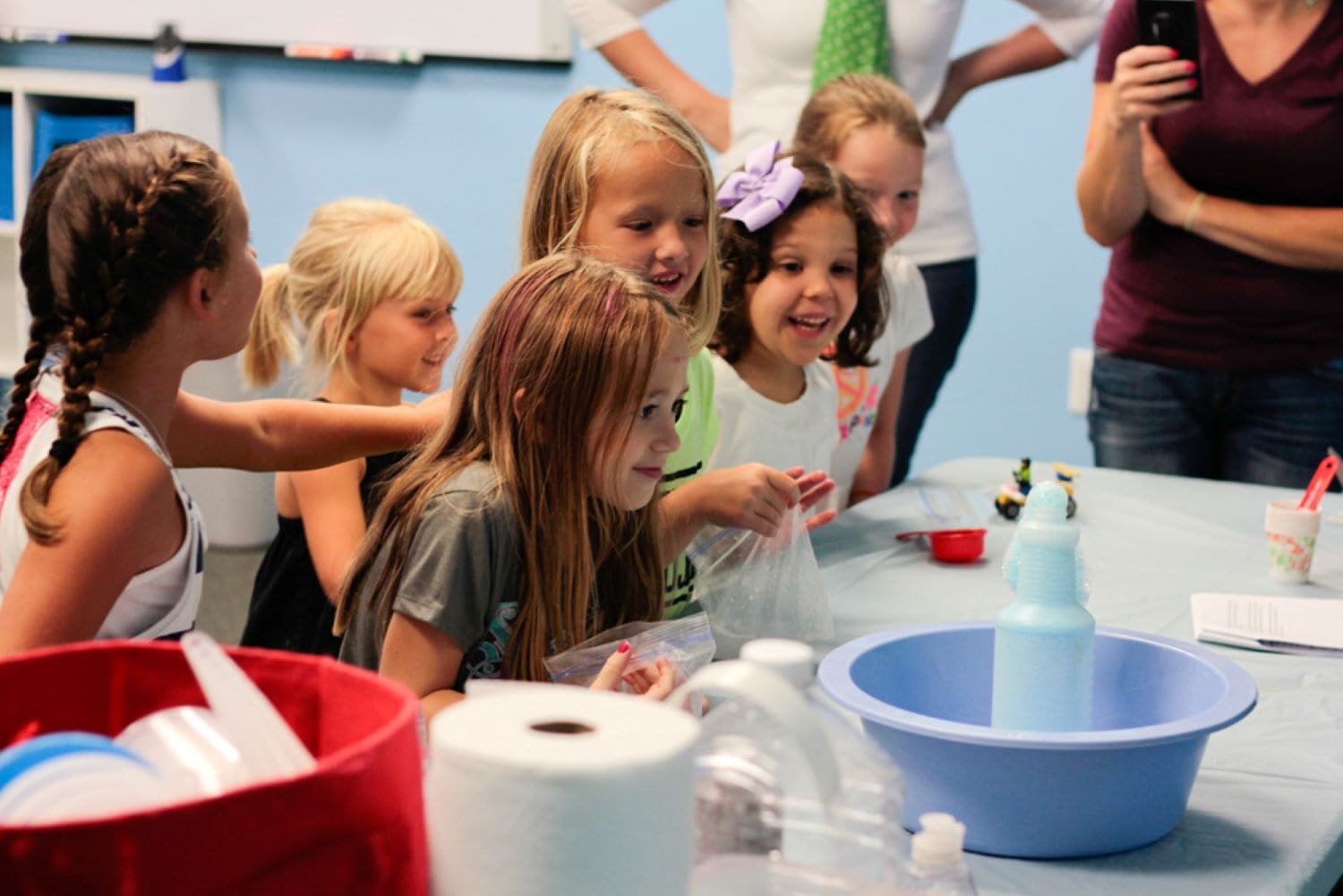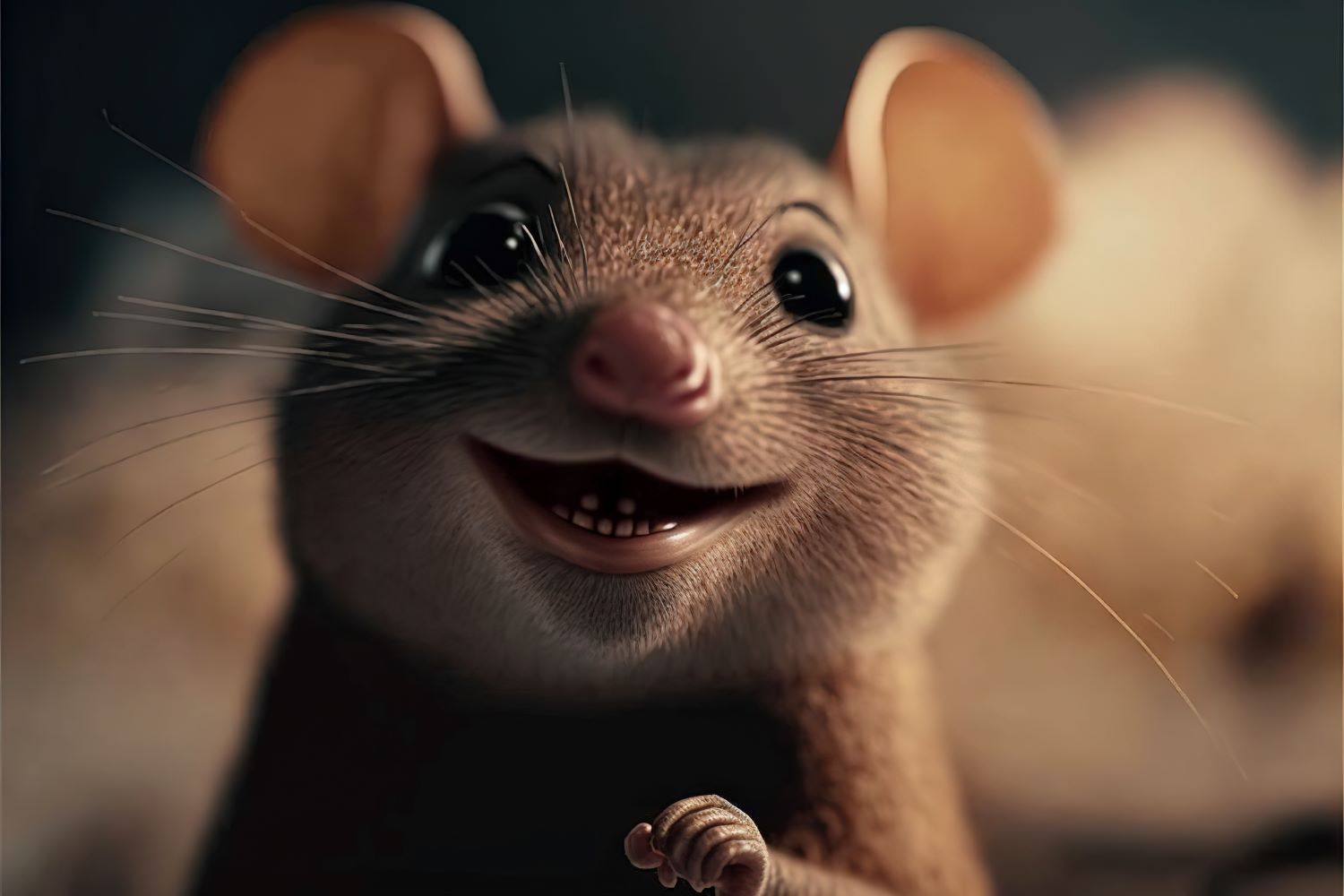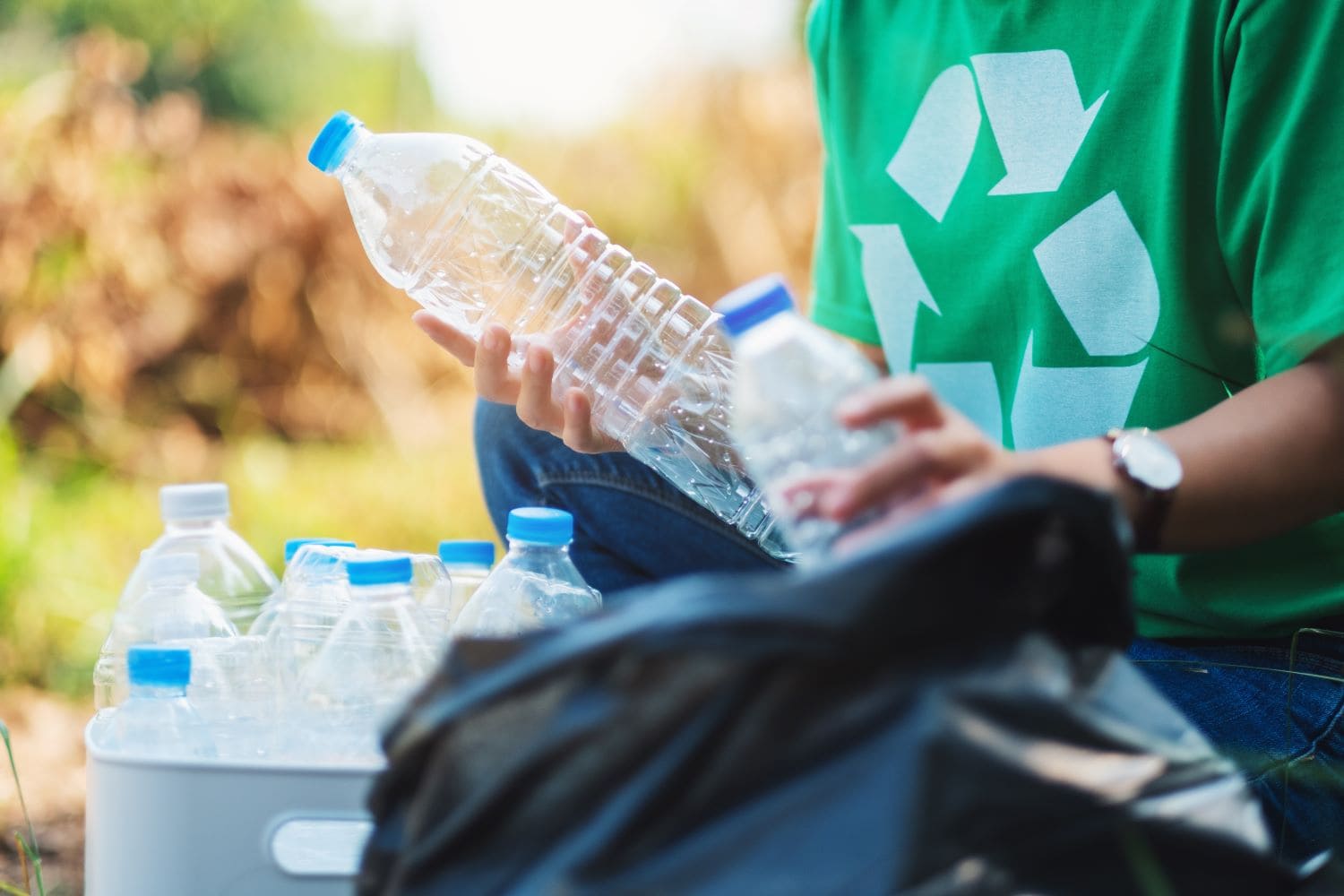
No matter what your age, there is so much to discover in our world – and worlds beyond our own. From scientific discoveries about the secrets of our Earth to expanding our capabilities with technology to building new solutions and tools with robotics.
There is always more being discovered about our world and still more we don’t know yet. Some of these new science facts are downright fun – or funny.
At Engineering For Kids, we love our science facts. All of our programs help kids understand and master the world of STEM education, including coming to learn how science, engineering, math, and technology can be fun!
We’ve gathered together some wacky, crazy, and simply amazing science facts that will delight kids and adults alike.

Fun Science Facts for Kids
Research is an essential part of the science world and some of what is discovered are downright wacky. Here are some of the most interesting and fun science facts for kids.
Lasers Get Stuck in Water
A science term called total internal reflection can be demonstrated using a laser and water. By shining the light in the water at an angle, the laser beam will bend, making a zig-zag shape through the water rather than shine straight through. To further demonstrate this phenomenon, PBS Learning Media produced a short video that shows how a laser light will get trapped in the water, and if the water is allowed to flow out of the tank, the laser will follow the water flow.

Clouds are as Heavy as Jet Planes
Another fun science fact is that clouds can weigh a lot. The USGS estimates an average cloud to weigh 1.1 million pounds or 551 tons. That is more than a 747 that is full of passengers and cargo. It may leave you wondering how it can stay up if it weighs so much. The answer, according to government scientists, is that the air below the cloud is denser, which allows the cloud to float.
Rats are Ticklish
We’re not sure how this one was discovered or what value it has for science, but if you tickle a rat, it laughs. National Geographic ran a short video on the research, how it was conducted, and what the result was. It’s important to note however that a rat’s vocalization when it is tickled is often at a higher frequency than the human ear can hear.

Men Have a Higher Risk of Colorblindness
While men are at a higher risk of being colorblind, it’s passed along through the mother. Scientists say the genes that cause color blindness are on the X chromosome, which is passed to a child from the mother. However, because women have two X chromosomes, if they inherit the gene, the other healthy chromosome can overcome it. Men, who have an X and Y chromosome, lack the spare needed.
Trees Outnumber Stars
Comparing the number of stars believed to be in the sky, 100 billion to 400 billion, with the number of trees on Earth, 3.04 trillion shows that there are more trees on our planet than stars out there.
Raining Diamonds
By reconstructing the atmosphere of some of the other planets, scientists say it can rain diamonds. Specifically, the pressure on Neptune, Uranus, and Saturn can cause carbon atoms to crystalize and turn into diamonds.
Recycling into Vanilla
Recycling has been taken to new levels after researchers genetically engineered a bacteria that can turn plastic bottles into vanilla flavoring. Scientists said there is a growing demand for the
product as it can be used in makeup, cleaning products, herbicides, and food items. However, studies have not proven if the vanilla that is produced in this way is safe to eat.

While many branches of science have their own collection of crazy and interesting science facts, physics fun facts have a few that are crazy enough that they need to be listed.
Black Holes Freeze Time
Scientists believe that time can appear to pause or freeze inside a black hole. Unfortunately, that only works for observers of the black hole, not for anyone who is inside the black hole. Researchers said the appearance that time has frozen may be because of gravitational time dilation. This means that for someone observing the black hole from a distance, it appears as if time has frozen.
A Floating Planet?
Theoretically, Saturn should be able to float on water. That’s because the theory of floatation indicates that an object that has less density than the water should float on it. The planet Saturn has 0.7 g/cc density while water has 1 g/cc.

Steel Beats Rubber on Elasticity
In our list of interesting science facts, the idea that steel has more elasticity than rubber seems to defy reality. But it’s true. The definition of elasticity refers to how much a material can be stretched and whether it returns to its original shape after the force is removed. Steel can be stretched and it bounces back to its shape more quickly than rubber.
Water, Ice, and Vapor Can Co-exist
Did you know there is a temperature where water can boil and freeze at the same time? Physics demonstrates it’s true. It comes down to the temperature and the value of pressure. At a temperature of 273.16 K (0.01 C or 32.02 F) and a pressure of 0.006 Pascals, water will boil and freeze at the same time.

STEM Education is Fun – Discover with EFK!
Now that you know some of these fun science facts, you can impress your friends and family with your trivia knowledge.
Seeing how much fun science and technology can be will open doors for your children. They’ll be able to see how their creativity and passions can align with science, technology, engineering, and math. Helping your kids learn to love STEM topics begins with showing them how interesting each area is and how far they can dream.
At Engineering For Kids, our STEM curriculum is carefully thought out to be engaging, entertaining, and educational.
Set your child on the right path to lifelong learning, find the E4K locations near you!




